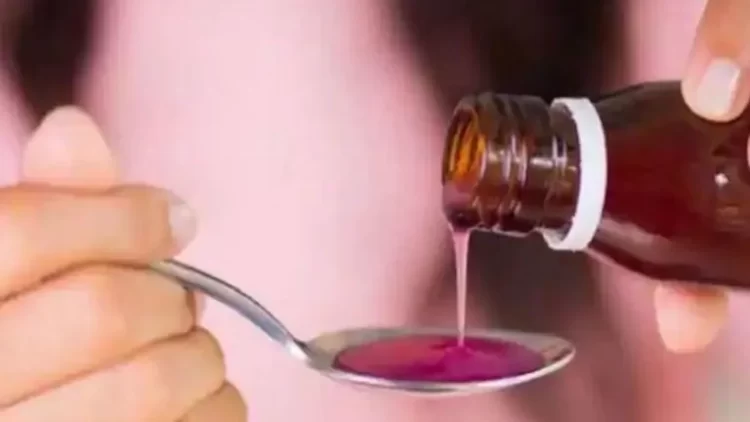The Indian manufacturer of cough syrups that Uzbekistan said last year had poisoned 19 children used a toxic industrial-grade ingredient rather than the legitimate pharmaceutical version, revealed a British news agency quoting its sources as having said.
The company, Marion Biotech, bought the ingredient — propylene glycol (PG) — from trader Maya Chemtech India.
But Maya did not have a licence to sell pharmaceutical-grade materials and “dealt in industrial-grade only”, according to a source at the firm with knowledge of the Marion investigation.
“We did not know Marion was going to use it to make cough syrups,” said the person, who declined to be identified while the case is investigated. “We are not told where our material is used.”
The two sources said the syrup was made with industrial-grade PG — a toxic material widely used in liquid detergents, antifreeze, paints or coatings, and to enhance the effectiveness of pesticides.
“Marion bought commercial-grade propylene glycol,” said a second source, an investigator, who declined to be named while the inquiry is ongoing.
“They were supposed to take Indian Pharmacopoeia-grade,” the source added, referring to national standards for the composition of pharmaceutical products.
Marion also did not test the ingredient before using it in the syrups it sold to Uzbekistan, the investigator said.
Deepak Sharma, an Assistant Drugs Controller for the national capital territory of Delhi — where Maya is based — declined to comment, saying the case was being investigated by federal drugs authorities.
Marion, which says it deals in pharmaceuticals, herbal and cosmetics products, has previously denied any wrongdoing. Neither the company nor India’s drug regulator or health ministry responded to requests for comment.
An analysis last year by Uzbekistan’s health ministry showed the Marion-made cough syrups, Ambronol and DOK-1 Max, contained unacceptable amounts of toxins diethylene glycol (DEG) and ethylene glycol (EG), used in products that are not for human consumption.
Uzbekistan in January arrested four people in relation to the 19 deaths, including two executives at a company that imported the Marion drugs.
DEG and EG have been used by unscrupulous actors as a substitute for propylene glycol because they are cheaper, according to pharmaceutical manufacturing experts.
Asked to comment on the ingredients used by Marion, a WHO spokesperson said, “It is important that product manufacturers only use appropriately qualified suppliers.”
Besides the deaths in Uzbekistan, at least 70 children died in Gambia last year after taking cough syrups made by another company in India that were found to be contaminated with the toxins, and tainted cough syrups made in Indonesia were linked to the deaths of more than 200 children there.
The deaths prompted an international inquiry into the pharmaceutical supply chain.
International standards allow only trace amounts of EG and DEG in pharmaceutical-grade propylene glycol. Limits for the industrial or commercial grade version are not as stringent, because they are not supposed to be ingested by humans.
The toxins were found in cough syrups exported to Gambia by the other Indian company, Maiden Pharmaceuticals. The WHO linked these syrups to the children’s deaths; Maiden has denied any wrongdoing.
Gambia told India’s drug regulator in June that from July 1 it would make it mandatory for all pharmaceutical products from India to be inspected and tested in India, at the cost of the Indian exporter, prior to shipment — the first known restrictions on national exports following the deaths linked to Indian-made syrups.
India made it mandatory for companies to have their cough syrups tested before export from June.






